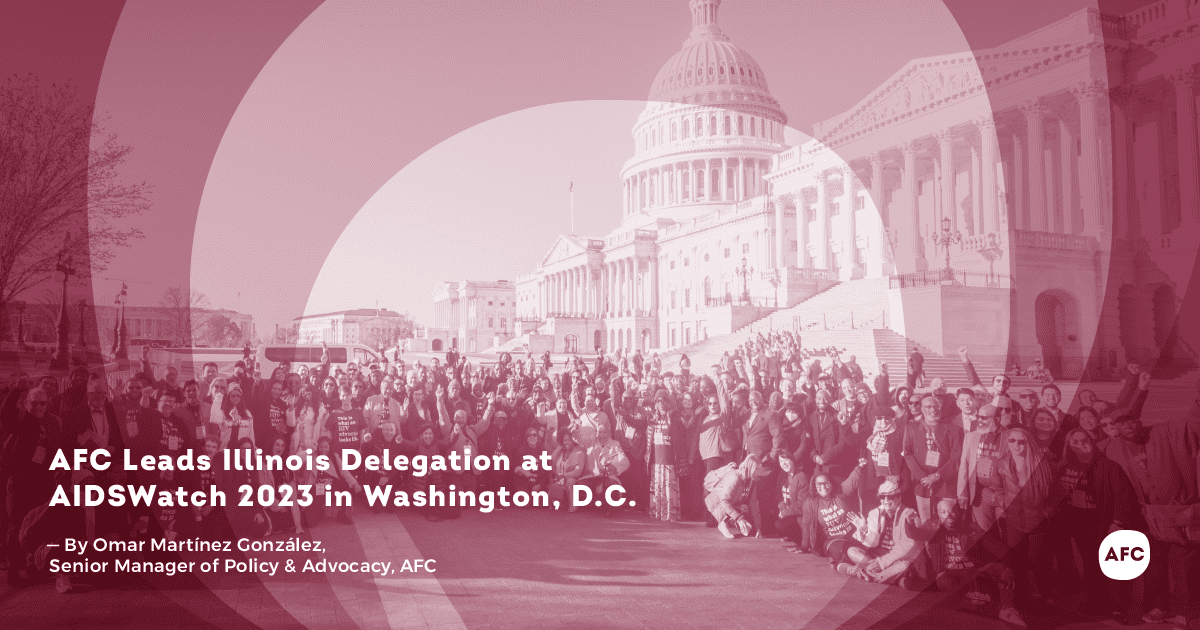By Kayla Dillard

Kayla Dillard, Care Coordination Specialist
My experience in assisting clients with completing redeterminations in Illinois’ Medicaid program has been rather mixed. Active Medicaid coverage is extremely critical for my clients to remain in medical care with their providers, including dentists and mental health therapists. My clients have appreciated the pause on redeterminations during the COVID-19 Public Health Emergency (PHE), especially when COVID was rampant across the state, and they needed to focus their limited energy and time on other pressing issues like housing and employment. It was one less thing that my clients needed to stress about and allowed them the comfort of knowing that should they need access to healthcare services during the pandemic, they were covered because they had IL Medicaid.
The Medicaid redetermination process, before COVID-19, was full of administrative barriers. Before the COVID-19 pandemic, it was tough to contact the Illinois Department of Human Services (IDHS) without spending hours on the phone waiting on their hotline or needing to be at IDHS offices early in the morning to see a state caseworker before the end of the day. My clients shared how stressed out they were just trying to apply for Medicaid and being able to keep their Medicaid benefit active was even more stressful of a process. Most of my clients rely on the post office to receive communications about their Medicaid benefits, including about the redetermination process. Before the pandemic when the Medicaid redetermination process was still in place, some would receive duplicate redetermination notices that caused confusion of what was needed to ensure their Medicaid benefits would remain active. Others would get their Medicaid redetermination notices late or not at all.
For many of my clients, their experience would be receiving a letter stating their Medicaid benefits were being terminated due to missing their re-determination period, and that would have been the only notice they received. When the termination letter was received, my clients would then call me in a panic, and we would have to find other temporary routes for them to remain in medical care and receive their medications while we worked on re-applying for Medicaid benefits. This of course would be a very stressful and sometimes traumatic experience for my clients. It is commonly known that people living with HIV need to follow their antiretrovirals regimen every day, so termination of their Medicaid benefits – which includes prescription coverage – can be detrimental to their health. For individuals who are receiving gender affirming treatment and rely on Medicaid coverage, a termination of benefits could set back one’s transition process and increase anxiety and frustration.
Due to the COVID-19 pandemic, many people transitioned from employer-sponsored or Marketplace coverage to Medicaid due to losing their job or having a significant decrease in income. For the initial Medicaid application process, many have called the ABE Hotline, which allows Illinoisans to get connected to an IDHS caseworker and apply for Medicaid, SNAP, and/or cash assistance. I have spoken to clients who have completed an application through the hotline for the first time due to being furloughed and losing job coverage. They stated the process to complete the application with a caseworker over the phone was quicker than being on hold waiting to get connected. Clients were then directed to mail verification documents to their assigned IDHS Family Community Resource Center (FCRC). Due to the public health emergency, Medicaid applications were quickly reviewed and processed; this is in stark contrast to before the pandemic, when applicants could wait for months for a determination of eligibility, getting overwhelmed with medical bills in the meantime. Some would avoid seeking any medical care at all during this wait period, which would result in their current medical conditions worsening.
While my clients who enrolled in Medicaid during the pandemic found the process mostly straightforward (once they got through the wait on the ABE Hotline), because of the pause that is currently still in place in the Medicaid redetermination process, many of these clients do not know what to expect because they haven’t needed to go through a Medicaid redetermination before. To be clear, the pause in the Medicaid redetermination process during the pandemic was the right policy decision for IL Medicaid to make, but it means that when the Medicaid redetermination process starts again, it will be the first time that hundreds of thousands of Illinoisans on Medicaid will be going through it. Intentional, clear, direct, and frequent communication from the IL Medicaid program will be needed to ensure my clients and thousands like them are able to successfully complete the Medicaid redetermination process and therefore maintain their Medicaid coverage for another 12 months.
Despite the experiences of people calling the ABE hotline to apply for Medicaid benefits, many have failed to be informed what Medicaid redeterminations are because it was their first time accessing public benefits. Because of this, the redetermination process that is expected to resume at some point this year will be challenging for at least some Illinoisans. Redetermination notices that are not mailed to the correct address of recipients could result in thousands of folks losing their Medicaid coverage. For others who had been covered with Medicaid before the pandemic, many had thought the redetermination process was no longer in place. I had a recent conversation with a client who assumed they only needed to focus on their re-assessments with the AIDS Drug Assistance Program (ADAP) and that their Medicaid would continue to remain active, despite not providing any updates to IDHS. This type of confusion can result in thousands falling out of medical care and heightening the barrier of healthcare inaccessibility for people living with or vulnerable to HIV. We are living in a pandemic, and I believe it will remain this way for a while, so for anyone to lose health coverage during a pandemic due to a mailing mishap is not acceptable.
Before Medicaid redetermination notices are mailed, I strongly encourage people on Medicaid to update their address online and have the most up-to-date contact information of their assigned IDHS Family Community Resource Center (FCRC). Changes of address may also result in changes to recipients assigned centers. I also recommend recipients to create a Manage My Case (MMC) account through ABE if technology is accessible. For recipients living without a home, I do encourage visiting a public library or connecting with a caseworker to set up an MMC account to avoid missing their redetermination period. Re-applying for benefits can sound daunting, but preparing by updating your address, having the correct contact information of your assigned FCRC, and if doable, creating a Manage My Case account, can reduce the headaches that come with the process.
Illinois Medicaid redetermination will be here before we know it! Update your current mailing address by clicking here or call this phone number 1-800-720-4166


